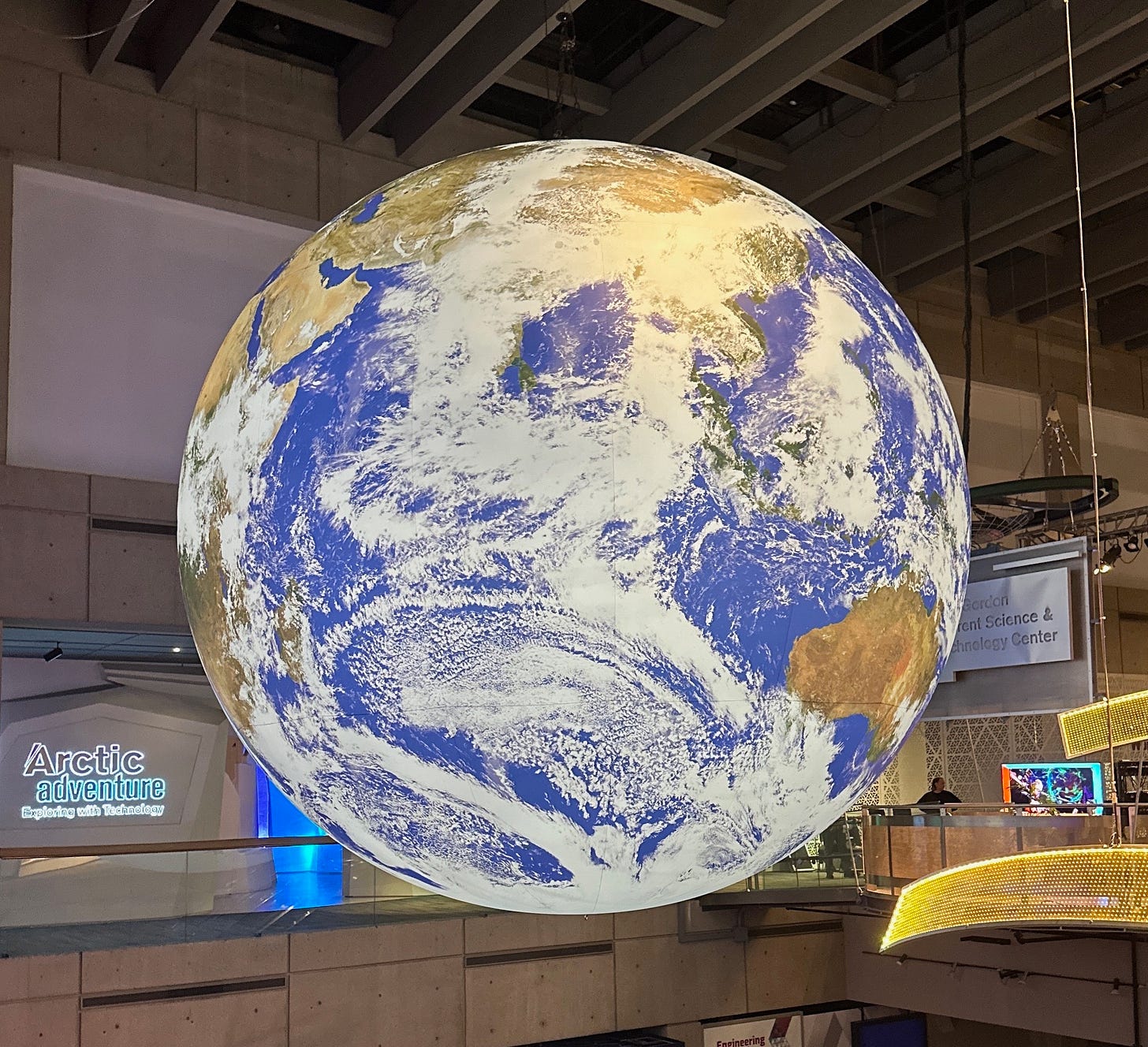You know why big shifts in work life don’t unmoor me? Probably because I have seen it all. Mergers between large pharmaceutical companies that felt like hostile takeovers, layoffs of entire departments seemingly overnight and small agencies disappearing in a poof of overextending and underperforming.
Do you want to know the secret sauce to humming along through the chaos?
Be curious.

It was just this cocktail of career mumbo jumbo informing my decision to plant my flag in data science. I had mastered R programming language and was at home in the tidyverse when the first shockwave hit. The Applied Analytics online program where I enrolled, taught by the Fu School of Engineering at Columbia University was pythonic. Good news came in the shape of the new libraries and packages I had at my disposal to explore my first love — census data.
Once I got over my hissy fit of course…
Mastering a coding language has never been my goal. You can probably out code me in python and SQL — even though I have written a book on each and R is a distant memory although like bicycles, it doesn’t take too long to get reacclimated enough to answer a data question uniquely expressed in R. Not because I am a dumb, dumb but because I continuously adapt to new languages as needed.
In fact, I am now pursuing Julia because it blends the expansiveness of python with the speed of Fortran and C (my college coding language), statistical power of R and the beauty of a fairly intuitive language.
Now with a toolbox brimming with bench science, data science and now geospatial science expertise I am in my professional home — digital storytelling. A recent talk at the Museum of Science in Boston, Humanizing the Climate Crisis: Finding the Balance Between Data and Humanity has me thinking about one of the fascinating questions I received following my 45 minute cinematic presentation.
I am paraphrasing here but I was asked how do I process the data about climate science and the externalities of a world pegged to GDP without overwhelm and panic. At first I thought perhaps I didn’t make it clear in my film. I ended the talk with native speakers that had been emboldened to make change in the environments I highlighted earlier in the talk. But then I noticed something else.
Data needs a rebrand. Often the statistics makes us feel like the battle is already lost. But what if we view data as a clarion call to creativity?
A creative life can build community, understanding and most importantly conversation. Scott Tinker famously tells us, “we can be completely factual without being factually complete”. I consider that statement my armor for telling bigger and bolder stories. Find the missing data or the uncollected data and give it a voice…
Sense making in a busy world
Listening…
Reading…
Leo Tolstoy, The Death of Ivan Ilyich (the Richard Pevear & Larissa Volokhonsky translation) — wikipedia
Tasting…
Discovered while exploring the Tin Building in the neighborhood where I stay when in NYC— if you love gummies…




